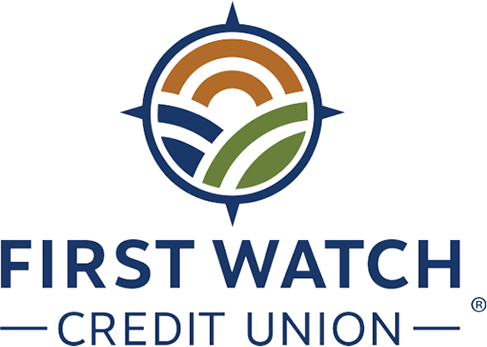

News & Events
First Watch Credit Union will be awarding two $500 scholarships to high school seniors. Those applications are now available HERE and at both credit union branches.
To be eligible to apply for the scholarship you must meet the following criteria:
- Be an active member of First Watch Credit Union for at least 3 months with an account in good standing.
- Be a graduating high school senior.
- Demonstrate a commitment to academic excellence, leadership, and social awareness.
- Provide verification of acceptance at an accredited college, trade school or university for the Summer or Fall 2026 Semester.
- FAFCU staff, officials or family members are not eligible.
The purpose of the First Watch Credit Union Scholarship program is to provide a means to recognize academic excellence, leadership and social awareness provided by our young adult members. First Watch Credit Union is proud to invest in our future.
A completed scholarship application packet must be in possession of First Watch Credit Union by the end of business day on April 6, 2026. Selected recipients will be recognized on April 14, 2026, at our Annual Meeting.
A new year often means a time to reflect on your personal finances, goals and budget moving forward. Many of us will agree our wallets have been stretched thin this year. The price of goods and services are on the rise and ultimately, we don’t have much control. Inflation has our budgets out of wack, but it’s the perfect time to sit down and make a plan.
We know our wallets are stretched, but do we know exactly what spending categories are getting hit the hardest. It’s time to dig a little deeper. Evaluate where you are overspending and what budget lines need to be adjusted due to increase in prices. According to the USDA, the average monthly cost of food for a family is around $1200. Compared to previous times, it is apparent that we need to budget more for groceries. Are you spending less on eating out because it’s no longer in your budget? Maybe this category can be adjusted to better reflect your current lifestyle. Studies reveal that American’s spending habits have changed due to increased prices.
When inflation hits hard, we need to find ways to save. We live in a fast-paced world, and it’s hard to change our habits, but cutting back on coffee runs, food delivery services, and combining errands to save on fuel are easy ways to save a little here and there. You may also find extra funds by reducing the number of streaming and music subscriptions you pay for monthly. If you’re determined to save some money, shop around. Spend some extra time evaluating the price you pay for monthly expenses like insurance, phone, and internet services. Remind yourself, this isn’t permanent, but some financial adjustments might just help get you through these difficult times and keep you out of debt.
Take a month and find a rhythm of tracking your transactions. Managing your money during a challenging environment, and adapting where needed isn’t always easy, but every decision you make affects your financial situation tomorrow.
